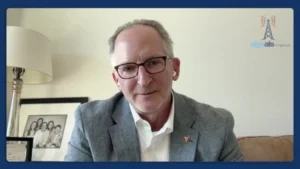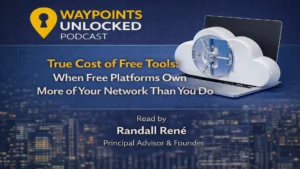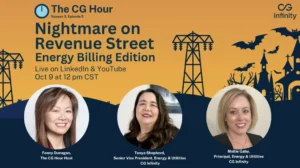Ep1044: How Accurate Are Commercial Property Tax Assessments?
Commercial property tax assessments arrive every year, but how accurate are they, and should companies appeal? After all, this is a number that owners want to see low, low, low.
Providing his in-depth knowledge, Jason Armstrong, Senior Manager, State and Local Tax Services, joined his colleagues and hosts of Weaver Beyond the Numbers Real Estate Edition Howard Altshuler, Partner-in-Charge, Real Estate Services and Rob Nowak, Partner, Tax Services.
Armstrong first urged that organizations “make sure you’re viewing them every year, and they are in line with the market. We didn’t know how assessors would handle 2020, but in most cases, valuations stayed flat or increased.”
Armstrong noted that assessors should be using data around the market, rent rates, cap rates, vacancies and collections for businesses questioning their assessments. “Find out their parameters and numbers and compare them to your actuals.”
There is an opportunity to lower the valuation if it seems high, especially if the property suffered losses. “If you had high vacancies because of shutdowns, it should lower the value, because your net operating income is less,” Armstrong explained.
Companies can appeal assessments. That varies by state, but, in Texas, the timeline is 30 days after receipt of the assessment.
Armstrong also noted the advantage of a consultant in making an appeal. “Working with a real estate professional and tax expert, they know the process and pain points. They also have access to market data. Some of that is accessible, but a specialist will have things like a cap rate study on hand.”
Follow us on social media for the latest updates in B2B!
Twitter – @MarketScale
Facebook – facebook.com/marketscale
LinkedIn – linkedin.com/company/marketscale









